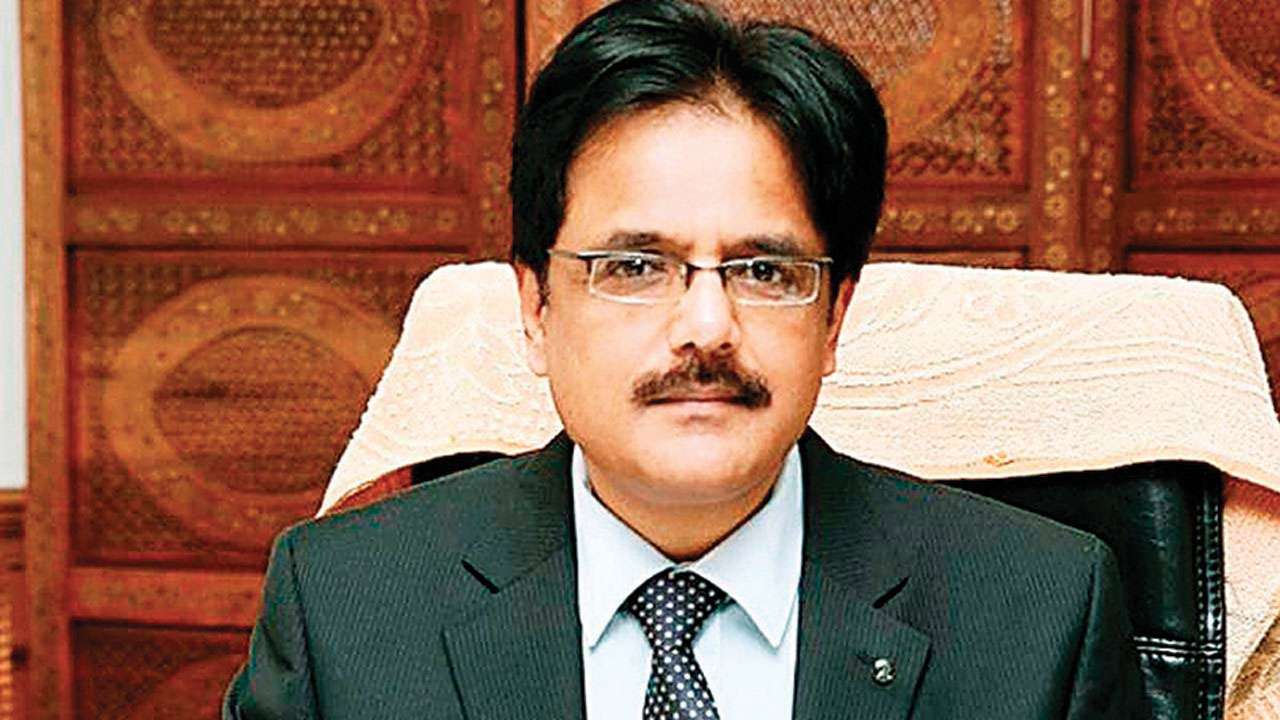
With the telecom sector reeling under financial stress, state-run telecom player BSNL has been trying to hold onto its market share by matching tariffs of the competitors. On the back of few exits in the telecom industry, BSNL has been able to add new users for the last few months, but it remains to be seen how long will this momentum continue. In an interview with Mansi Taneja, BSNL chairman and managing director Anupam Shrivastava says BSNL has taken competition head on and even launched its FTTH (fibre to the home) services where it sees the next disruption. A revival plan is on the cards and it is well placed to sustain itself in the long term.
There is no such proposal under consideration with the government for closure of BSNL. BSNL, with its huge infrastructure and reach, especially in rural areas, is an important part of the government's vision of connecting the unconnected. A proposal for revival of BSNL will soon be considered by the department of telecommunications.
As a telecom PSU, BSNL is meant to discipline the market, not regulate or control it. We have never been a burden to the government. We are sufficiently independent and even pay salaries of our 1.8 lakh employees, who have been absorbed from the department of telecommunications – ITS (Indian Telecom Services) cadre during the BSNL inception. We are well placed to sustain ourselves in the long term.
A preliminary report has been submitted by IIM, Ahmedabad to the government and BSNL has given a separate report. A final report will be submitted soon. The report suggests giving VRS (voluntary retirement scheme) to about 35,000 employees at a cost of Rs 13,000 crore. The amount could come either as a soft loan from the government or it could be a mix of both – loan from government and a loan by BSNL.
BSNL has been struggling to manage its financials because of its huge employee base that stands at around 1.8 lakh with annual expenses of Rs 15,000 crore. About 10,000-12,000 people will retire every year now. We have also requested government to allocate 4G spectrum to us. A proposal to the revival plans will soon be taken up by the Telecom Commission (now Digital Communications Commission).
The next disruption is going to happen in the FTTH segment. We are preparing ourselves for this competition and have rationalized our tariffs. It will be difficult for our customers to leave that kind of tariff structure and bundled content offerings, should there be a competition in the future.
About 100 crore has been earmarked for this year and a similar amount will be spent next fiscal. We already have an advantage since we have fibre layings across the country, we just need to enhance our last mile connectivity. We have about 4 million FTTH users with a total broadband user base of 100 million. We want to tap our broadband users first so that they make a shift to the FTTH service. It will provide much faster internet access speed at affordable tariffs. We have already tied up with Eros, Netflix and Amazon to provide our users a bundle of content offerings.
We are exploring all new avenues like IoT and smart city. Recently, we have won orders for smart cities. We are also looking at monetisation of our building assets. We had plans to monetise our towers into a separate company but we are waiting for a suitable time now.
We have also shifted from 10-12 operators to 3 plus one operator, so with that, tenancy ratio has come down drastically. We have formulated plans to transfer assets and have also signed many MoUs for 5G – knowledge and information sharing.
We are cutting costs in terms of electricity, administrative expenses and freezing our employee benefits. For the time being, we are not giving any LTC benefits etc. The medical expenses are also being controlled. With all the cost cutting measures together, the company has been able to save Rs 2500 crore last year and a similar amount is expected to be saved in the ongoing fiscal. Out of Rs 2500 crore savings annually, about one fourth ie. Rs 625 crore are employee benefits.
Our focus is preserving market share. In the industry, a trend always comes where you have to preserve your market share and take a hit on your financials. So last year, we went ahead with this strategy of preserving the market share and match tariffs with competition. As a result, we have taken a hit on our financials and with our employee costs being so high, it had become really difficult to remain in the positive territory. Last year, we also booked losses. It is really difficult to manage our employee expenses in this environment, where tariffs have plummeted to a very low level.